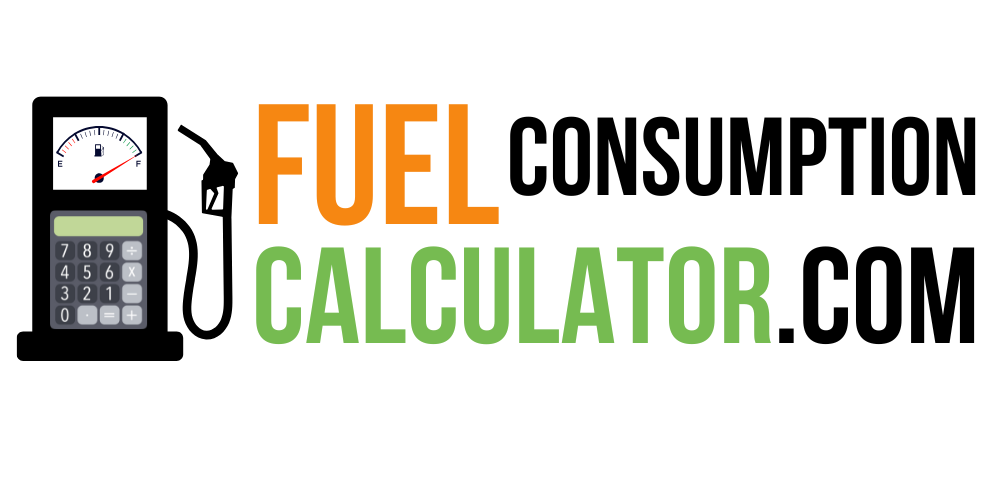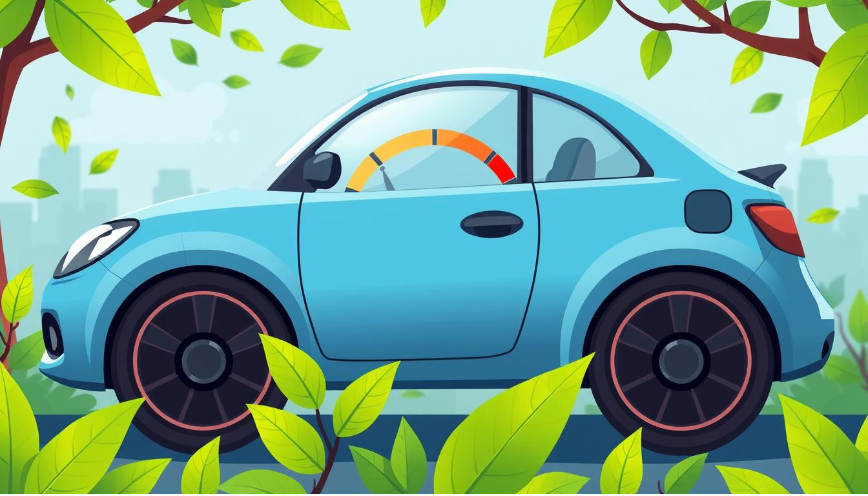In an era of rising fuel costs and growing environmental concerns, understanding your car’s fuel consumption is more crucial than ever.
Whether you’re a daily commuter, a weekend road-tripper, or simply looking to reduce your carbon footprint, knowing what constitutes good fuel consumption can help you make informed decisions about your vehicle choices and driving habits.
Contents
Key Takeaways:
- Good fuel consumption for cars generally ranges from 40-60 miles per gallon (MPG).
- Fuel efficiency varies by vehicle type: sedans average 30-50 MPG, SUVs 20-35 MPG, and hybrids 40-60 MPG.
- Factors affecting MPG include vehicle size, engine type, aerodynamics, and driving conditions.
- Real-world MPG often differs from manufacturer ratings due to various factors.
- Improving fuel efficiency is possible through proper maintenance and eco-friendly driving habits.
Understanding MPG: The Basics
Miles per gallon (MPG) is the standard measure of fuel efficiency in the United States. It indicates how far a vehicle can travel on one gallon of fuel. A higher MPG means better fuel efficiency, which translates to lower fuel costs and reduced environmental impact.
What is Considered Good Fuel Consumption?
The definition of “good” fuel consumption varies depending on the vehicle type and size. Here’s a breakdown:
| Vehicle Type | Average MPG Range | Fuel-Efficient MPG |
|---|---|---|
| Sedans and Compact Cars | 30-50 MPG | Over 50 MPG |
| SUVs and Trucks | 20-35 MPG | Over 30 MPG |
| Hybrids | 40-60 MPG | Over 50 MPG |
For used cars, a range of 40-60 MPG is generally considered good, offering a balance between efficiency and cost-effectiveness.
Comparing Fuel Efficiency Across Vehicle Types
Fuel efficiency varies significantly among different vehicle types:
- Small Cars: Average about 36 MPG
- SUVs: Average around 25 MPG
According to the EPA’s 2020 data, the most fuel-efficient cars achieve at least 22 MPG combined. Hybrids like the Toyota Prius Eco and Kia Niro FE are particularly noted for their excellent fuel economy.
Factors Affecting Fuel Consumption
Several factors influence a vehicle’s fuel consumption:
- Vehicle size and weight
- Engine type (gasoline, diesel, hybrid, electric)
- Aerodynamics
- Drivetrain
- Driving conditions (traffic, terrain, weather)
Calculating Your Car’s Actual MPG
While manufacturers provide WLTP (Worldwide Harmonised Light Vehicle Test Procedure) or NEDC (New European Driving Cycle) ratings, real-world fuel efficiency often differs. To calculate your car’s actual MPG:
- Fill up your tank and note the odometer reading.
- On your next fill-up, record the gallons used and new odometer reading.
- Divide miles driven by gallons used to get your MPG.
Tips for Improving Fuel Efficiency
To maximize your car’s fuel efficiency:
- Maintain proper tire inflation
- Use the recommended engine oil
- Schedule regular tune-ups
- Avoid rapid acceleration and braking
- Use cruise control on highways
- Remove unnecessary weight from the vehicle
- Plan routes to avoid traffic congestion
Conclusion
Understanding what constitutes good fuel consumption for your car type is crucial for making informed decisions about vehicle purchases and driving habits. By considering factors like vehicle type, driving conditions, and maintenance practices, you can optimize your fuel efficiency, reduce costs, and minimize your environmental impact. Remember, the best MPG for you depends on your specific needs and driving patterns.

Hi, I’m Sufiyan, the developer behind this platform. I created FuelConsumptionCalculator.com to simplify fuel tracking for everyone — because understanding your vehicle shouldn’t require a degree in mechanics. I’m always working on adding more tools and content to make this site even more useful

